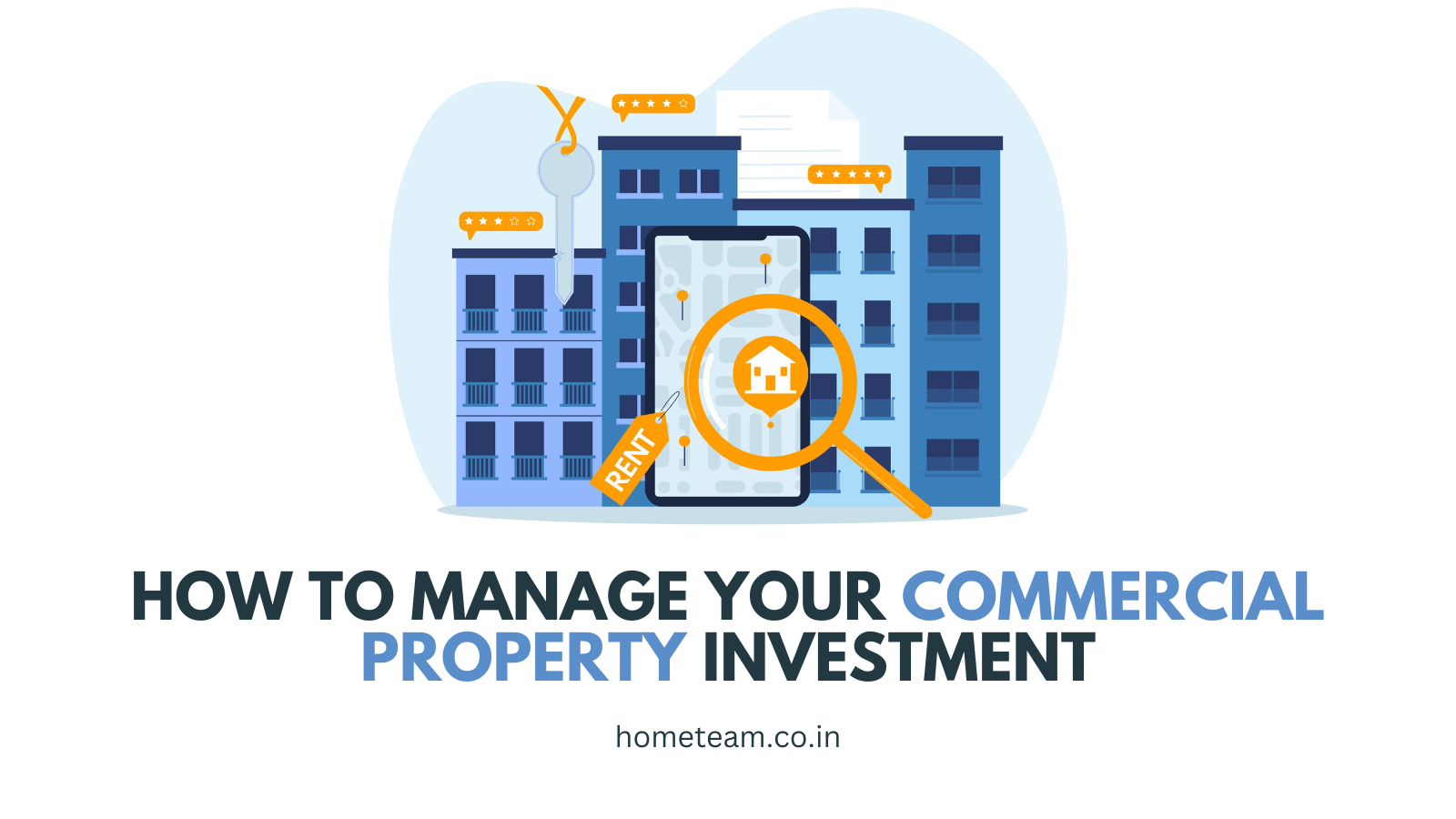How to Manage Your Commercial Property Investment
Managing a commercial property investment can be a complex and challenging task. However, it is important to manage your investment effectively in order to maximize your returns and minimize your risk.
This blog post will provide a comprehensive guide on how to manage your commercial property investment. We will cover topics such as:
- 1. Creating a business plan
- 2. Managing tenants
- 3. Maintaining your property
- 4. Marketing your property
- 5. Financial management
- 6. Creating a business plan
The first step in managing your commercial property investment is to create a business plan. This will help you to define your goals and objectives, and to develop a strategy for achieving them.
Your business plan should include the following information:
- A description of your property
- Your target market
- Your rental rates
- Your marketing strategy
- Your financial projections
- Managing tenants
One of the most important aspects of managing a commercial property investment is managing tenants. This includes finding and screening tenants, negotiating leases, and resolving any issues that may arise during the tenancy.
Here are some tips for managing tenants effectively:
- Be selective about your tenants. Conduct thorough background checks and credit checks on all potential tenants.
- Negotiate leases carefully. Make sure that the lease is fair to both you and the tenant, and that it includes all of the necessary terms and conditions.
- Be responsive to tenant concerns. Address any issues that tenants may have promptly and professionally.
- Maintaining your property
- It is important to maintain your commercial property in good condition. This includes making necessary repairs and updates, and keeping the property clean and safe.
Here are some tips for maintaining your commercial property effectively:
- Develop a maintenance schedule. This will help you to stay on top of all necessary repairs and updates.
- Hire a qualified property manager. A property manager can help you to manage the day-to-day maintenance of your property.
- Conduct regular inspections. This will help you to identify any potential problems early on.
- Marketing your property
- If you have vacant space in your commercial property, you will need to market it to potential tenants. There are a number of different ways to market your property, such as online advertising, print advertising, and word-of-mouth.
Here are some tips for marketing your commercial property effectively:
- Highlight the unique features and benefits of your property. What makes your property stand out from the competition?
- Target your marketing efforts to the right audience. Who is your ideal tenant?
- Use a variety of marketing channels. Online advertising, print advertising, and word-of-mouth are all effective ways to market your property.
- Financial management
- Another important aspect of managing a commercial property investment is financial management. This includes tracking your income and expenses, and preparing financial statements.
Here are some tips for managing your finances effectively:
- Keep accurate records of your income and expenses. This will help you to track your performance and make sound financial decisions.
- Prepare regular financial statements. This will help you to track your profitability and identify any potential financial problems.
- Hire a qualified accountant. An accountant can help you to manage your finances effectively and comply with all applicable tax laws.
Conclusion
Managing a commercial property investment can be a complex and challenging task. However, by following the tips above, you can maximize your returns and minimize your risk.
Contact HomeTeam You Real Estate Company today to schedule a free consultation to discuss your commercial property investment needs. We can help you to develop a customized plan to help you achieve your goals.
FAQs
Managing a commercial property investment involves several key factors. First, maintaining the property's physical condition is vital. Regular inspections and maintenance can prevent costly repairs. Second, tenant management is crucial. Effective tenant screening, lease negotiation, and maintaining positive tenant relationships are essential for consistent rental income. Lastly, financial management, including budgeting, rent collection, and expense tracking, is crucial for a successful commercial property investment.
Finding suitable tenants begins with effective marketing. Utilize online listings, real estate agents, and local advertising to reach a wide audience. Additionally, thorough tenant screening, which includes credit checks and rental history verification, can help you identify reliable and responsible tenants. Offering competitive lease terms and maintaining the property in good condition will also make it more attractive to prospective tenants.
A well-drafted commercial lease agreement should clearly define the rental terms, including rent amount, payment schedule, and duration. It should also outline the responsibilities of both the landlord and tenant, including maintenance and repair responsibilities. The lease should address important issues such as rent increases, security deposits, and dispute resolution procedures. Consulting with a legal professional is advisable to ensure the lease complies with local laws and protects your interests.
Proper maintenance is essential to preserve the value of your commercial property. Develop a regular maintenance schedule that includes inspections, routine repairs, and addressing tenant maintenance requests promptly. It's also wise to establish relationships with reliable contractors and service providers to ensure timely and cost-effective repairs. Regularly budgeting for maintenance and repairs will help you avoid unexpected expenses.
Commercial property investments have tax implications. It's important to understand tax deductions, such as depreciation, property taxes, and interest expenses, which can offset rental income. Consult with a tax professional to ensure you take advantage of available tax benefits and to understand the tax implications of selling the property in the future.










